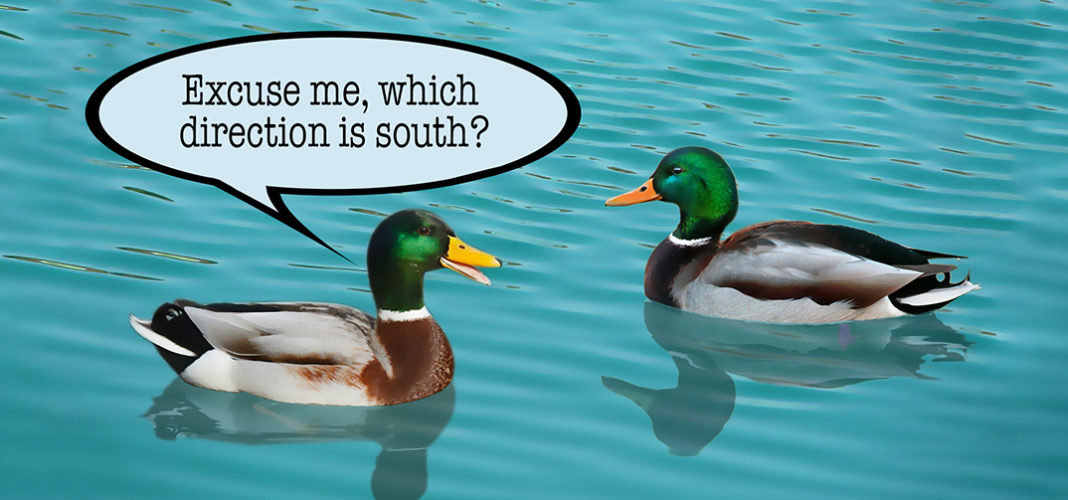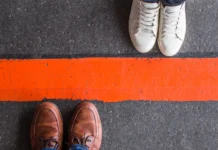I learned a lot in medical school. How to prescribe the right antibiotic to combat a bacterial infection, how to approach a combative patient, how to diagnose appendicitis, how to tell the difference between dementia and delirium, among many other essential skills of a physician. But the most important was learning to say, “I don’t know.”
People are afraid they will look dumb or incompetent if they say they don’t know the answer to a question or how to do something. In fact, the opposite is true — research shows asking for advice makes us look smarter. As a Harvard study describes, that fear of looking clueless “is misplaced. We demonstrate that individuals perceive those who seek advice as more competent than those who do not seek advice.”
The study highlights the fact that all too often, people fail to seek advice from those around them and how it has consequences for individuals and organizations. Learning information from others is essential. Not only does it enable us to gain wisdom and insight from their knowledge and expertise, it is also is an opportunity to interact and connect.
The research shows how asking for advice is a “win-win” situation. The person seeking advice gains information and the person being asked for their advice feels a boost in their self-confidence and, in turn, views the advice seeker in a more positive light. In other words, they are flattered. The effects of advice seeking are especially robust when the advice being sought is for a particularly challenging task and the advisor’s expertise is warranted.
As Arthur Helps, a British Victorian-era scholar and writer, said:
“We all admire the wisdom of those who come to us for advice.”
The implications of the research are broad. Instead of muddling through something where you need help, override your fears of looking incompetent and ask for help. I would argue that this goes for specific tasks as well as philosophical and moral questions. The wisdom of others is invaluable.
When in doubt, ask a mentor, a grandparent, a teacher or a friend. Odds are they have some useful insight, experience and perspective. Have the courage to ask for it and the grace to accept it.
I wish you all the best,
Dr. Samantha Boardman






